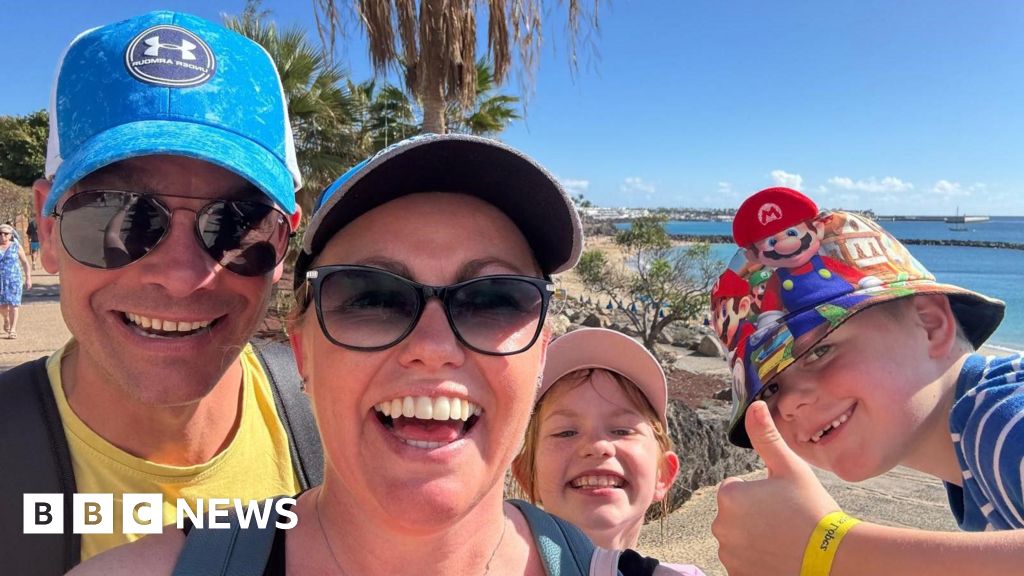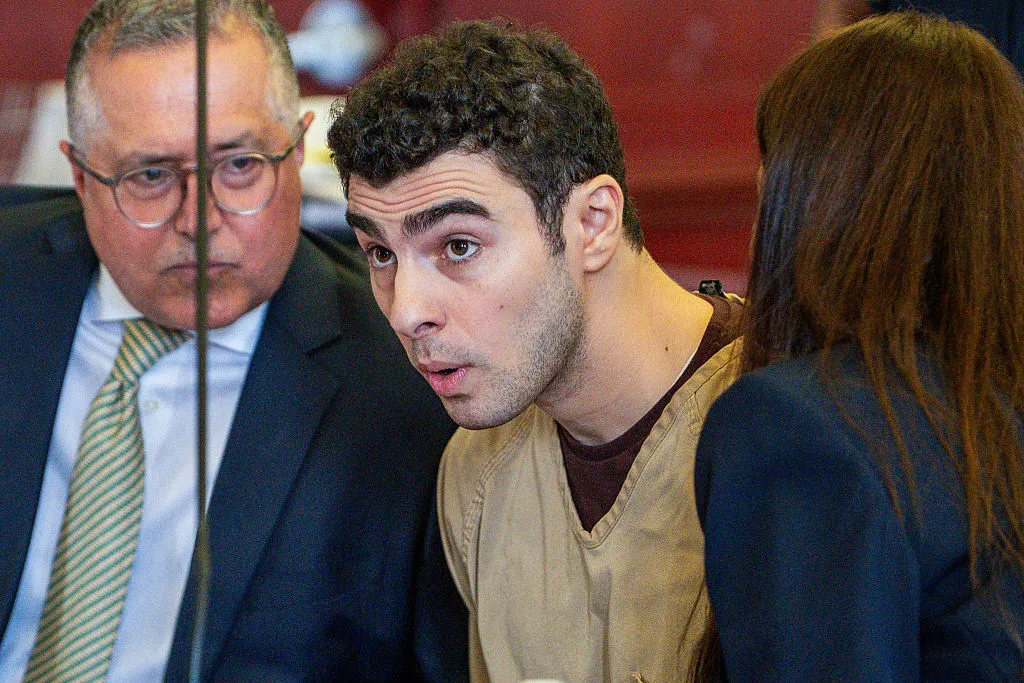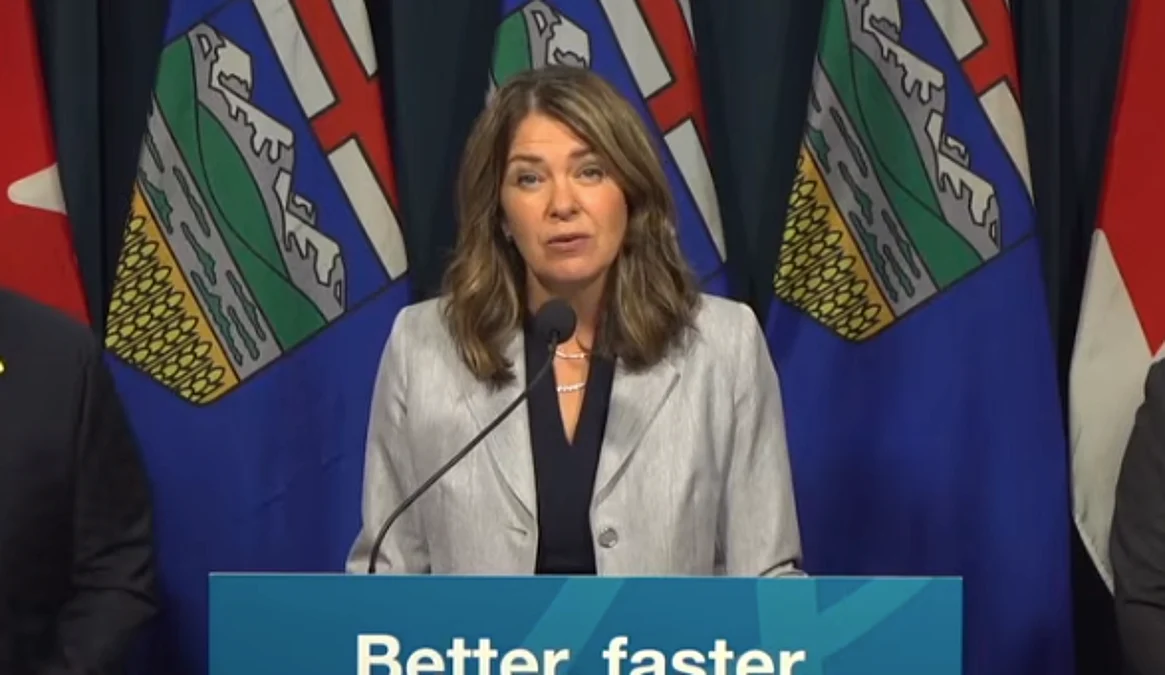By Nick Triggle
Copyright bbc

Matt, now 43, is still able to walk, but has become clumsy with his movement and also been affected mentally.
“He has angry outbursts and has no empathy altogether. For example, if one of the children hurts themselves he will laugh. It’s worse when he’s tired. That’s how Huntington’s works – it alters your personality and that is incredibly hard for the children to understand.”
Matt no longer works, having had to retire on health grounds when his symptoms started to develop.
“In some ways we are lucky he got past 40 with no signs of it,” says Gemma. “His mother died from the disease when she was 40. And now we have the prospect of a treatment. We have got hope where there was no hope.”
She says that is a sentiment that will be felt by the whole Huntington’s disease community.
“I work in the evenings as a counsellor, often with people with Huntington’s disease. I trained partly to give something back to the community and because we needed the money as Matt is no longer earning.
“I often support people just after they have been tested for it. Depression is the most common issue as they feel all is lost. That is why the news about the treatment is so important. It will give everyone a lift,” she explains.
“Our neighbours and friends are even talking about fundraising so we can pay for the treatment. I just hope it is made available on the NHS quickly.”
That, of course, is the question on the mind of everyone who has been affected by the disease.
The BBC has been contacted by numerous families who have lost whole generations to the illness and others who have lost their loved ones to suicide because they were unable to face the inevitable decline that follows a diagnosis.
Dave, 73, from the West Midlands, lost his wife to Huntington’s. His son now has the disease and he is worried the gene may have been passed on to his granddaughter.
“It is horrible to see your loved ones suffer,” he says. “This treatment is desperately needed on the NHS.”



